European Fellowship Forum, December 2023

Among the topics discussed:
- The immigrant flood into Britain and elsewhere and the prophetic implications. Bolshevik use of Latvian and Chinese mercenaries to launch their revolution.
- Whether to go to war for ones government if one is conscripted.
- The plight of Christians dependent upon worldly employment and forced to do things which they would not normally do.
- Non-Adamic “people” and the relationship to sin.
- Concentration of wealth in corporations.
- The differences between instruction and study, reading and research.
- Stress, worry, and learning instead to trust in God.
- Obesity, diet, and sin.
- Tuna and scales, is tuna unclean? Are mushrooms unclean?
- The word Gott in Germany is consistently understood to be a reference to the God of the Bible, except among a small minority of neo-pagans.
- Brief discussion of National Socialism and Christianity.
- Online sources for Classical literature, i.e. Perseus Digital Library, Project Gutenberg. Project Gutenberg is banned in Germany on account of copyright laws.
- Challenges of publishing books for truth-tellers or dissidents.
- Verifying Christian Identity truths.
- Nutrition and sickness, choosing the medical industry when one is sick, or trusting in God.
- Number of mosques in Germany, degree of integration of White nations with other races.
- Blatantly open crimes such as shoplifting, or looting, are unknowingly subsidized by Whites who do business with the same corporations and their insurance companies. This is a back door to Communism.
- Willingness of most Whites to accept and integrate with other races, jewish humanist brainwashing of White Society.
- Scofield Bible and jewish claims that they are all twelve tribes of Israel.
- Solar generators are not as efficient as advertised. Many more panels and batteries are need than what is typically advertised.
- Why Hitler declared war on America, Roosevelt’s undeclared war on Germany from 1938, America’s current proxy war with Russia.
- Chinese and Russian presence in America, train derailments and food processing plant burnings are very possibly acts of sabotage, muslims in America.
- Changing demographics in the American South, a new Yankee invasion.
- Elohim City, Church of Israel in Missouri (Dan Gayman), antipathy towards and differences with Christogenea.
- Mocking the holocaust myth.
- Negro riots in the mid-1960’s.
And more…

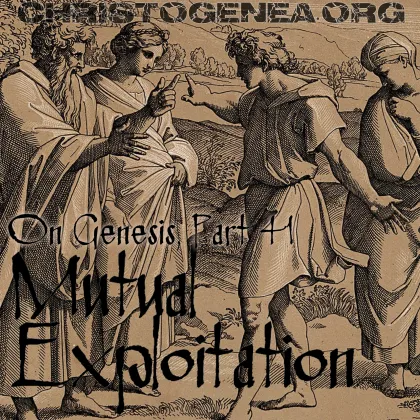
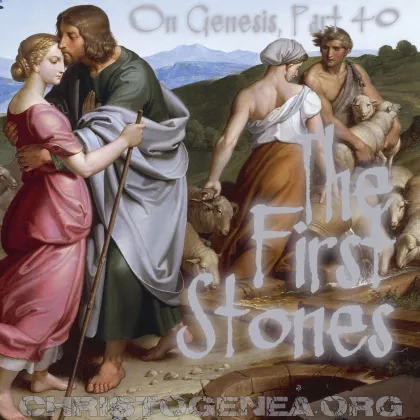

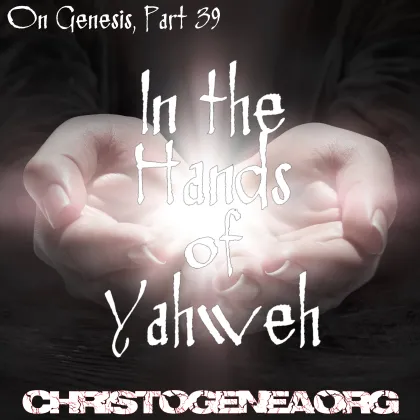
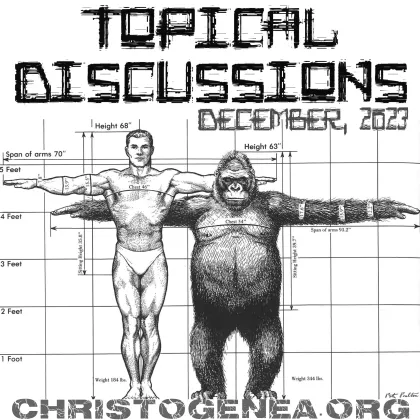
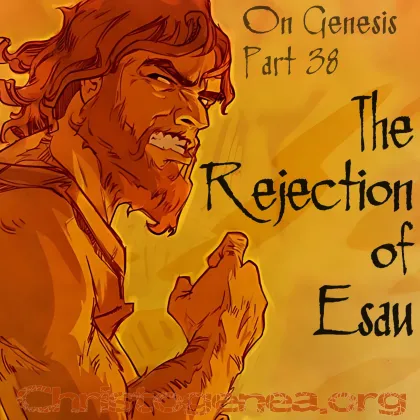




 Please click here for our mailing list sign-up page.
Please click here for our mailing list sign-up page.








Recent comments